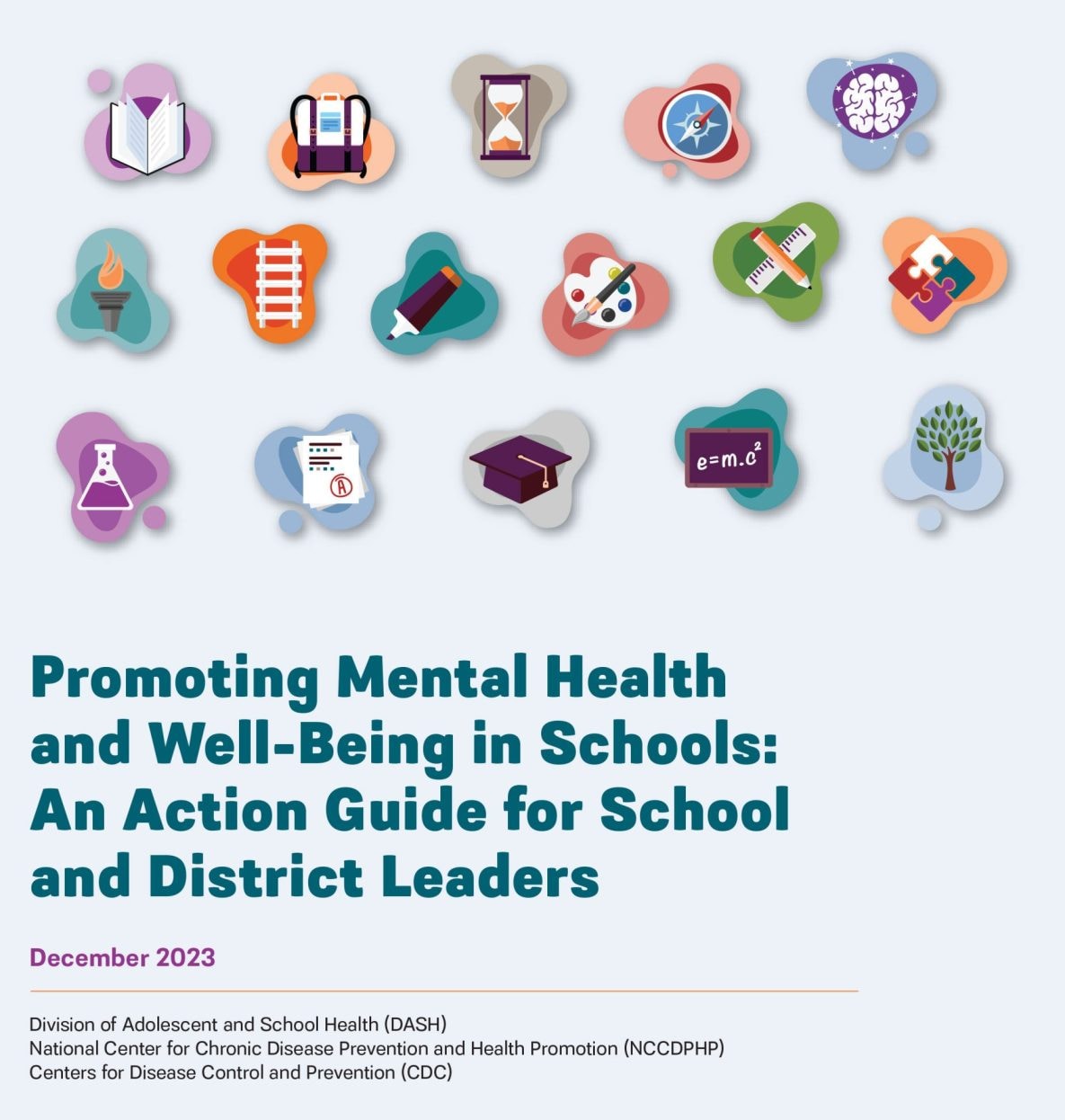Provide Psychosocial Skills Training and Cognitive Behavioral Interventions
What to Know
Psychosocial skills training and cognitive behavioral interventions teach specific skills to students to help them cope with challenging situations, set goals, understand their thoughts, and change behaviors using problem-solving strategies.
Psychosocial skills training asks students to explore whether their behaviors align with their personal values. Cognitive behavioral interventions teach students to identify their own unhelpful thoughts and replace them with thoughts that are more helpful. Students might practice helpful coping behaviors and find positive activities to try. Doing these things can improve their mood and other symptoms of mental distress.
Districts and schools can deliver interventions in one-on-one settings, small groups, and classrooms. Some interventions focus on concepts that are also taught in social skill and emotional development programs, like self-control and decision-making. A counselor or therapist can lead these programs.
Focus on Equity
Students who have been exposed to trauma may receive trauma-focused or trauma-informed interventions in school. Cognitive behavioral interventions that are trauma-informed meet the unique needs of students exposed to traumatic experiences. These interventions teach problem-solving and relaxation techniques and help reduce trauma-related symptoms, including behavioral challenges. Trauma-informed interventions can also improve students’ coping strategies.
Implementation Tips
Cognitive behavioral interventions and psychosocial skills training help with many kinds of student needs. They can be used at multiple grade levels. Leaders can:
- Work with school mental health staff to find ways for students to practice their new behaviors and coping skills.
- Use the Multitiered Systems of Support (MTSS) framework to ensure that students are appropriately matched with classroom, small-group, or individual interventions that meet their needs.

Want to Learn More?
For more details on MTSS and providing psychosocial skills training and cognitive behavioral interventions, see Promoting Mental Health and Well-Being in Schools: An Action Guide for School Administrators [PDF - 3 MB]